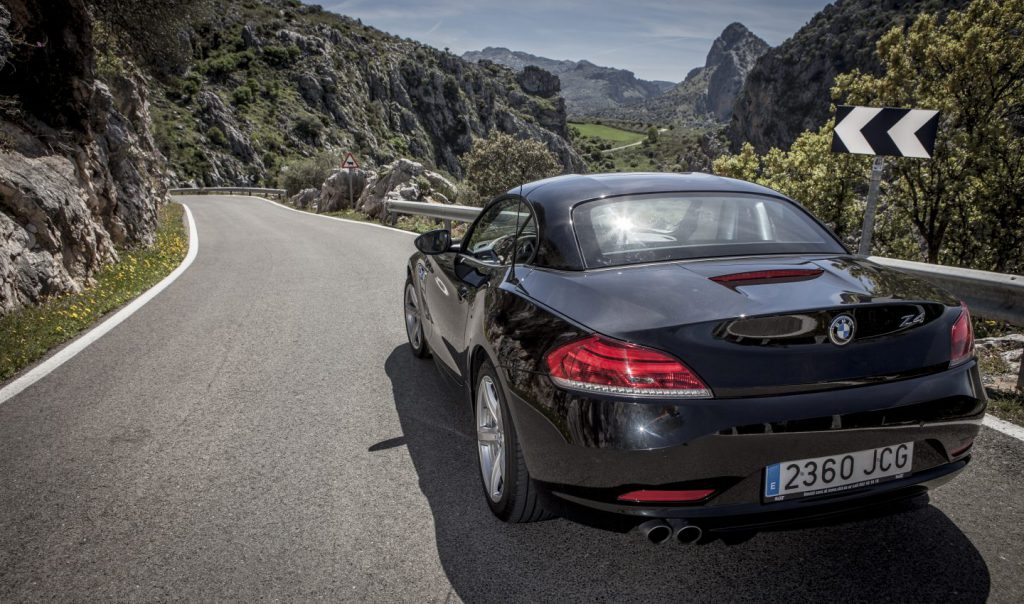
One of the best bits of news for British motorists in the past couple of years has been the ever-increasing number of highly capable all-season tyres arriving on the market. While older all-season tyres often represented less than ideal compromises in grip and handling, many of the newest all-season tyres tend to do most things well.
We recently looked at all-season tyres compared to winter tyres and concluded that while a dedicated winter tyre will always be king, for many people in Britain an all-season or all-weather tyre (as they’re also known) is plenty good enough, particularly if swapping wheels is a problem.
Today we’re going to look at how all-seasons do in the warmer months when compared to a dedicated summer tyre.
All-season tyres
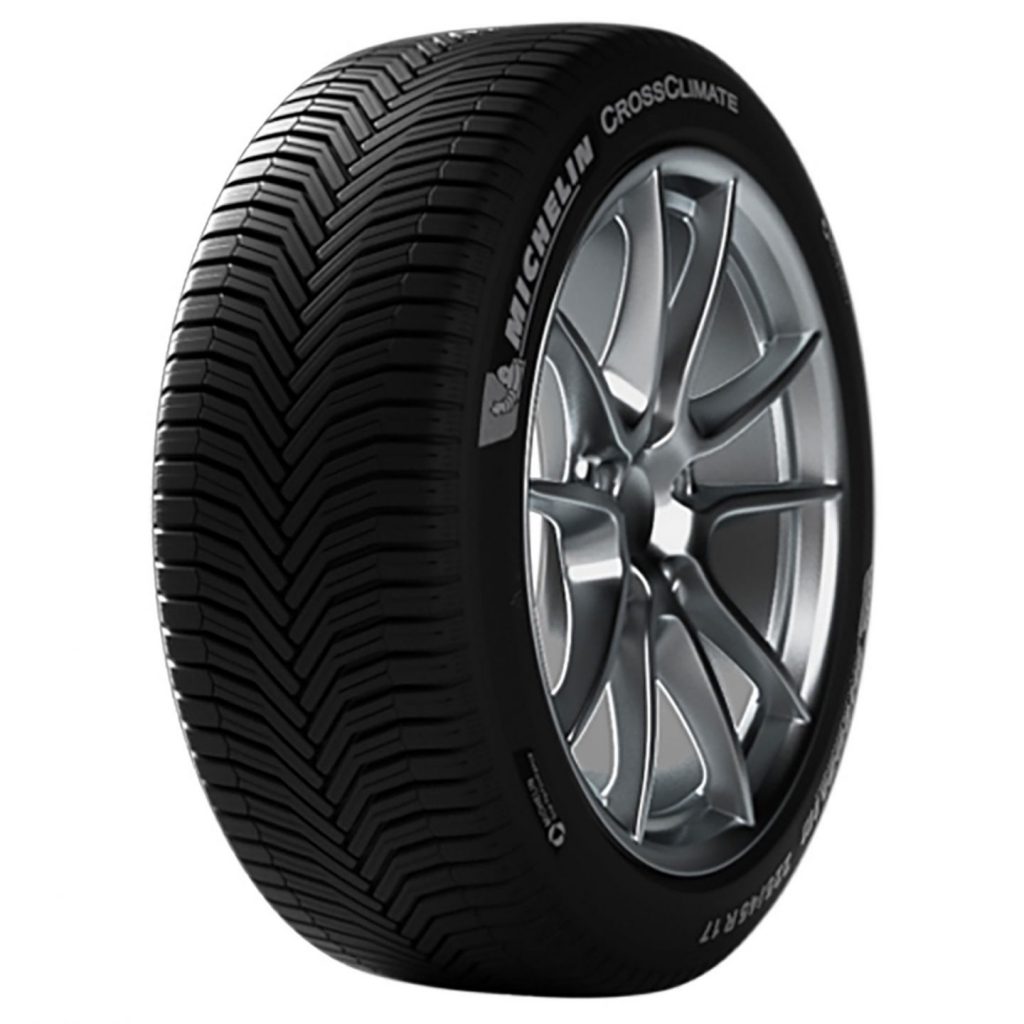
First the bad news – an all-season tyre does still represent something of a compromise. This shouldn’t come as a big surprise as there’s only so much rubber on a tyre and you need different rubber for cold snowy roads than you do for warmer conditions.
It’s a much smaller compromise than it used to be, though. While results will vary from tyre to tyre the very best all-season tyres are as little as 10% behind a lot of good summer tyres in instrumented benchmark tests.
We should point out that not every all-season tyre is this good and we’ve picked a sample group test from a recent car magazine and we’d highly recommend you seek out reviews yourself when shopping for a new set of all-weather tyres.
One interesting quirk of all-season tyres is that many of them represent slightly different balances between the types of performance they offer. The Michelin Cross Climate for example is designed to offer summer tyre-like warm weather capability with snow grip thrown in for good measure. Others may take the opposite approach and may skew the balance towards winter handling at the expense of summer grip.
Summer tyres
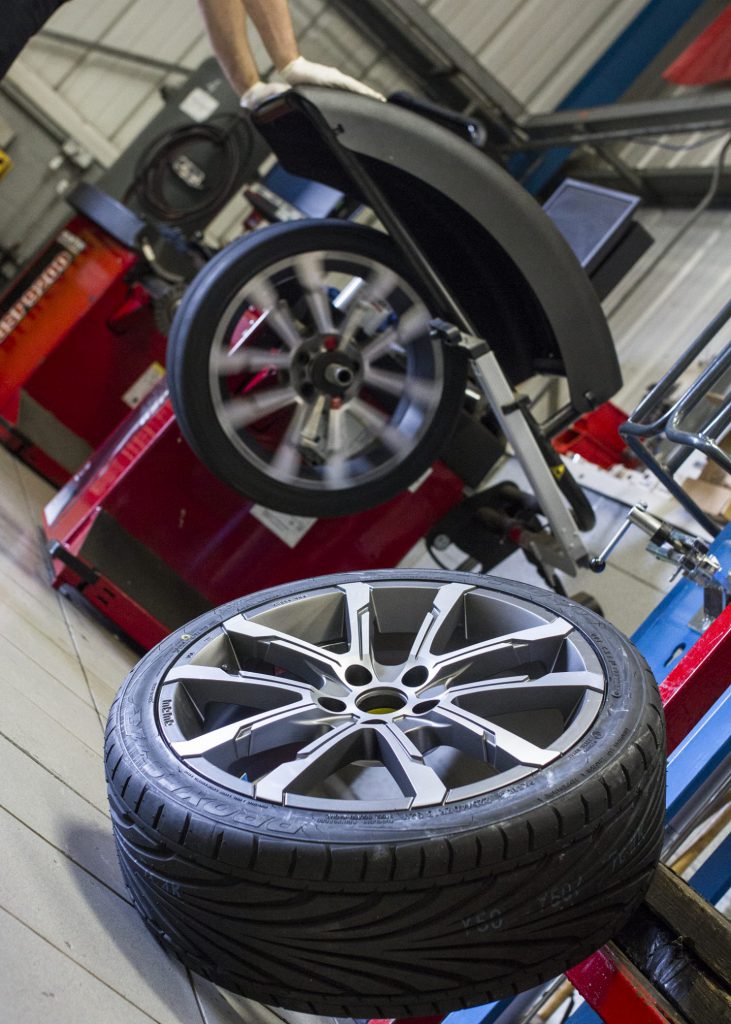
Again, no big surprise, but a dedicated summer tyre is still king for handling and grip during the summer months. The reason for this is quite simple: because the tyre only has to do one job – keeping you stuck to the road on 7 degree plus tarmac – it can do that one job very well indeed.
The best summer tyres will excel in terms grip on warmer tarmac regardless of whether it’s wet or dry; and also offer a number of other benefits which we’ll get to in a moment.
On dry tarmac, while an all-season tyre can come close, a summer tyre is always going to work best because the compound is tuned specifically for warmer tarmac and offers better grip. Typically, summer compounds use less natural rubber and are harder which means that they work really well on warm tarmac.
It’s a common misconception that summer tyres don’t do as well as winter tyres on wet roads or in the rain in general. Provided that the tarmac is warmer and the summer tyre is designed for it, it should comfortably outperform any winter or all-season tyre.
Something that is worth noting is that not every summer tyre is designed for standing water and you can usually tell from the tread pattern. Designs with less sipes and grooves around the circumference of the tyres won’t clear standing water as well.
There’s also a whole range of factors that go into how it handless. Sidewall stiffness, grip pattern, how much the “shoulder” of the tyre deforms can all play a part.
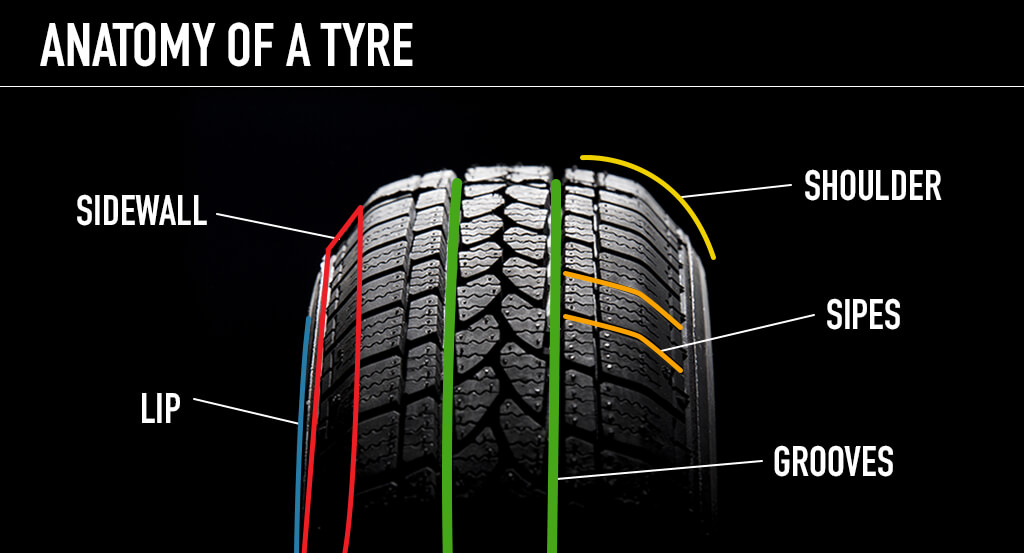
An ultra-high performance summer tyre will typically be designed with all of these things in mind and is probably going to offer sharper turn-in and better cornering control than an all-season tyre.
It’s also worth noting that “Summer Tyre” is a broad label and within
Being able to fine-tune how your car handles with a different tyre is certainly not an advantage we’d discount for the enthusiast.
Should I choose one set of tyres or two?
Once upon a time, there’d have only been one recommendation to make to someone who appreciated a car that handled well. Now the answer is a bit more nuanced.
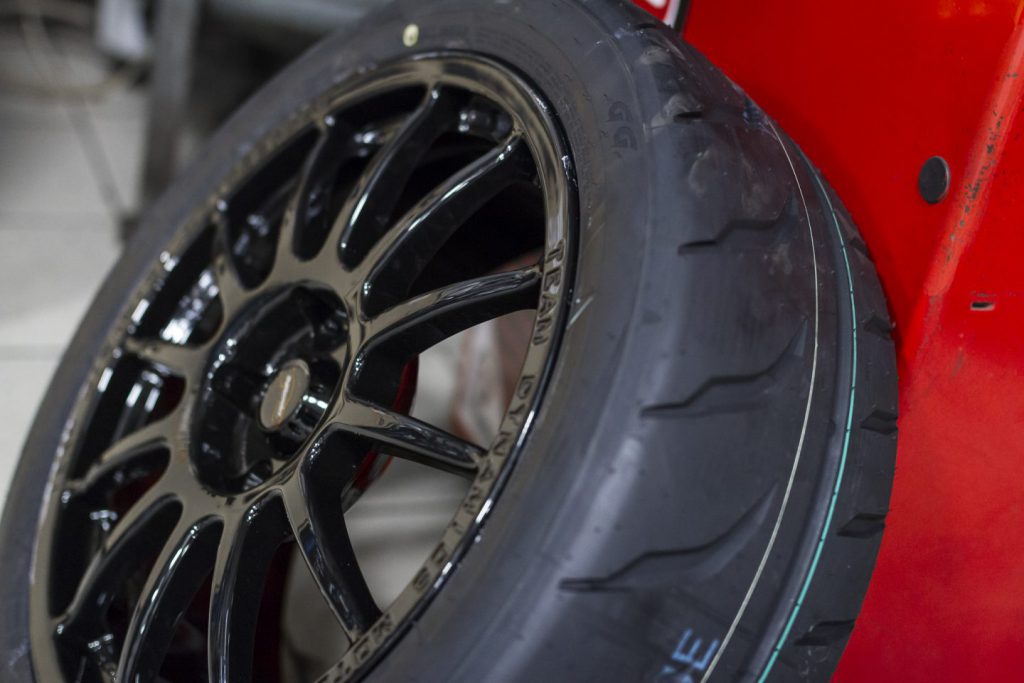
The best, most compromise free, solution is always going to be to use summer tyres in the summer and winter tyres in the winter. However, this isn’t always possible, or even necessary for all drivers.
Summer tyres will offer better grip, control, and feedback – but how much you appreciate this extra performance may depend on how hard you like to drive your car. There’s also a safety argument with a good summer tyre hauling a car up in shorter distances than an all-season tyre.
All-season tyres are improving all the time and perform perfectly well in all conditions. While not measuring up to summer tyres on warm roads, the very best all-weather tyres don’t lag that far behind. For many drivers, that may well be good enough when the other benefits are weighed up and the safety net of decent snow performance is not to be sniffed at, either!
The right answer for you also depends on where you live, how essential being able to drive on the snowy days your bit of Britain gets is to you, and how uncomfortable driving in bad weather on the wrong tyres makes you.
